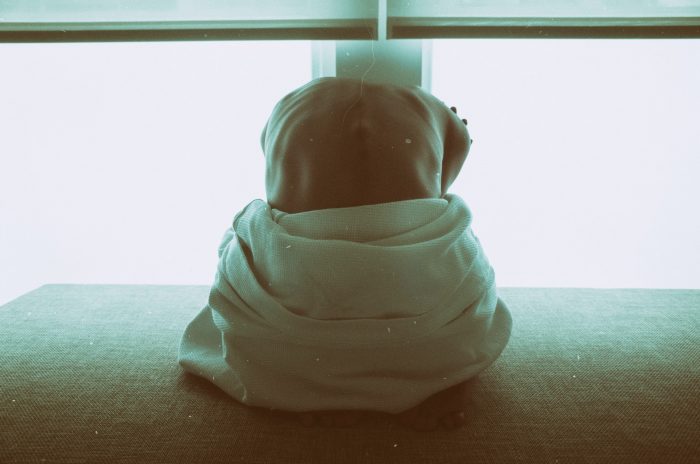When you hear the word trauma, what do you think about?
Do you think of big catastrophic and earth-shattering events? Do you think about moments that left you shaking and terrified? Or, do other life-altering events come to mind?
What about things like a parent not being available when you were young? Do you think about any time where you were in need of your caregiver and they were not around for whatever reason? Do you ever think about times where you felt unsafe as a child and the people you looked to for protection were either the ones making you feel unsafe or they were too entrenched in their own worlds to notice?
Trauma can also be such an insidious thing in that we can be experiencing traumatic events and not even notice due to our survival mechanisms kicking into gear. Our brains can disconnect us from an event and we can go into fight, flight, or freeze mode.
We understand huge traumatic events that change the course of someone’s life, but for some reason, we have a more challenging time recognizing the little traumas, which can add up to big repercussions.
These little traumas or insidious traumas can be referred to as complex trauma. Complex trauma involves chronic traumatization over a period of months or years.
In some cases, it will go completely unnoticed by some, especially when a child is psychologically abused in the form of neglect, emotional withholding, rejection, and/or criticism by caregivers. This type of abuse is silent, and most often, the child is left feeling worthless, devalued, and in some cases, as though their very existence is an inconvenience. Their caregivers are more often entrenched in their own hardships, and unconsciously project onto their children everything they despise within themselves.
In other cases, an unavailable parent or a caregiver who walks out on a child can also leave a young, developing mind to create an innate belief that they are unloveable. Even experiences that involve alcohol or a parental figure being incarcerated can also feel traumatic to a developing brain.
This is not all black and white, and though I have done my best to explain complex trauma in a more simplistic way, trauma can be anything that feels like too much, too soon, or too fast for our young minds to process.
One of the biggest lies we tell ourselves is that what we experienced wasn’t that bad.
Most often, we grow into adults who compare our stories to the stories of others, and we listen to what other people have gone through. We then unconsciously or consciously trivialize what we experienced because, at least, it wasn’t as bad as that person and we should therefore be grateful for what we did have.
Meanwhile, the part of us that was repressed and begging for love gets repressed even more and perpetuates the belief that we just need to push through our lives or our days. We might continue to neglect ourselves or make ourselves feel unworthy simply by the things we say to ourselves, or by blatantly refusing to accept that what we experienced as young children felt painful.
We carry on by drinking it away, or shopping it away, or gambling it away, or f*cking it away, and it continues to remain rotting within our subconscious. Sometimes, we end up being forced to look at it through the partners we are choosing, and other times, it can come up in the form of disease in the body.
The lies we tell ourselves about having to love and honor our parents because they are blood keeps us stuck in relationship dynamics that do not feel helpful, but rather more harmful to our psyche. We lie to ourselves when we pretend that feeling as though a parent didn’t want us isn’t deeply painful and like nothing we can ever explain.
We lie to ourselves when we continue believing that we are not loveable or that no one will ever love us. We lie to ourselves when we believe that our current reality is all there will ever be for us. We lie to ourselves when we tell ourselves that we cannot ever achieve x, y, or z because of the sh*t we endured as children. We lie to ourselves when we perpetuate the myth that we are beyond help.
The truth is—it’s okay to be gentle with yourself. It’s okay to recognize your own trauma and call it traumatic. It’s okay that your pain doesn’t look like someone else’s pain—it’s not supposed to.
Your trauma is still valid even if it wasn’t as bad as your parents had it or your siblings for that matter. Your trauma is still valid even if it wasn’t considered traumatic by society at large.
The truth is—your experiences are valid, your feelings are valid, and your pain is valid. Period.
The truth is, you are a worthy being, and the biggest lie you can tell yourself is that you are anything, but.
Your pain deserves your voice, your love, your care, and your concern.
Digging up that rotting root and planting new seeds is essential for a truly healthy and thriving mind, body, and soul.







Read 6 comments and reply